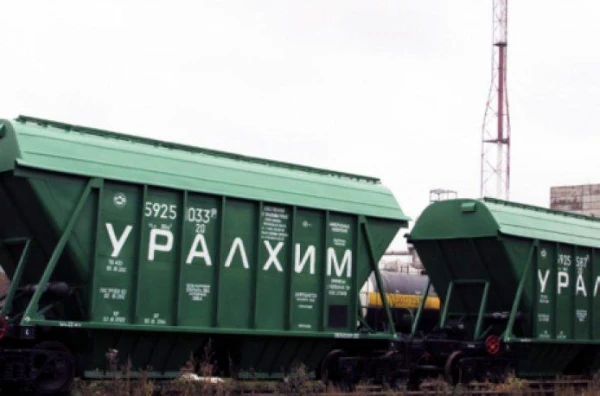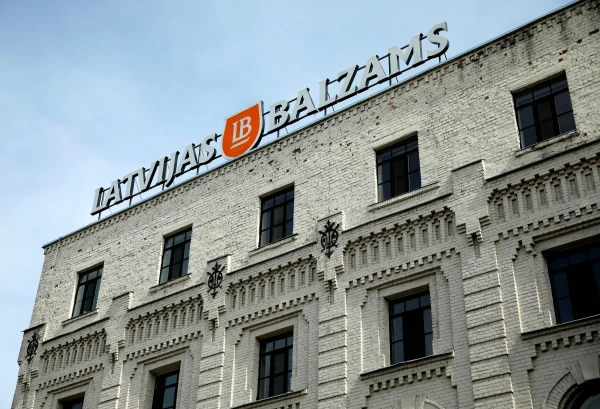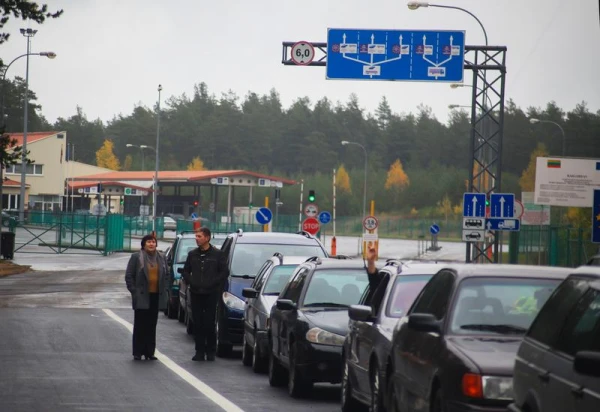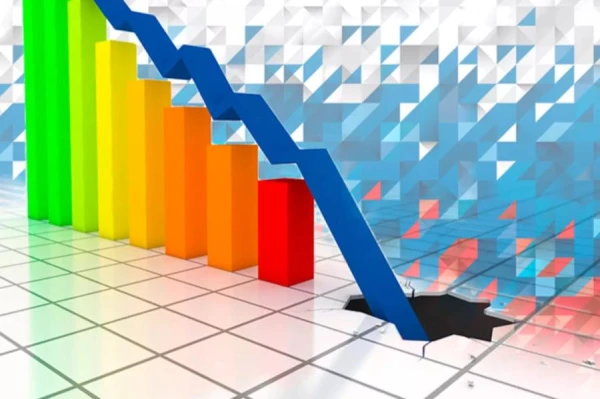
I remember that at the beginning of the 21st century, Riga claimed the proud flag of the financial center of the Baltics, but — something went wrong. Don't despair.
The informational message "On the Development of the Financial Technology Sector in Latvia 2025-2027" indicates that there are currently about 130 enterprises in the country engaged in payments, deposits, loans, crypto-assets, regulatory technologies, and more. "Latvia can become a significant participant in the global FinTech ecosystem," the ministry of Arvils Ašeradens ("New Unity") claims.
The Bank of Latvia is vigilant
The rise of the parallel monetary system represented by bitcoins, ethers, and other virtual currencies directly correlates with the regulation of traditional banking in the Republic of Latvia.
Of course, the trendy sector is not left to its own devices. "A licensing regime has been introduced for those providing crypto-asset services," the Ministry of Finance document notes. "The possibility of access to the payment system of the Bank of Latvia for non-bank service providers has allowed Latvian enterprises to engage in the global market." FinTech enterprises also undergo a pre-licensing process; the possibility for employees to acquire shares in companies has been ensured; the regulator provides assistance to innovative "sandboxes" preparing to go public.
At the same time, the state offers a 0% tax on reinvested profits for startups in the financial technology sector. Wonderful, you would agree — not for the production of real products, but for ones and zeros in billions of transactions over the internet...
In recent years, training for FinTech specialists has begun at the Riga Technical University; a Startup School has been created with the support of the Riga City Council; entrepreneurs in this field receive special visas. At this cutting edge of progress, one can even deviate from the most sacred — national linguistic norms: "Improved e-governance is available in English. The Fund for English-speaking technological talents is being developed."
"Government support for startups reduces labor costs and provides co-financing opportunities," officials from the Saeima subcommittee on the development of the innovation ecosystem reported optimistically. "Stock options motivate employees in Latvia..."
The Bank of Latvia is assessed by the Ministry of Finance as "strong, supporting the growth of the financial market overseer... with a wide range of tools to promote development." The city of Riga itself provides assistance in entrepreneurship, and there are also "strategic opportunities provided by good connectivity with Northern and Eastern Europe."
The latter, to put it mildly, has been pointed out polemically. At one time, indeed, several flights from Riga to Moscow and Minsk flew daily, plus trains to the Russian Federation and Belarus. Now, however, Eastern Europe is practically completely cut off from us — and by our own efforts!
"A competitive center in Europe" – and what hinders it
An ambitious program from the Ministry of Finance will help make Latvia a European center over the next two years. By 2027, it is expected that more than 30% more enterprises will operate in Latvia. Investments in the FinTech sector will increase by 15%; the number of new jobs related to crypto-assets will increase by 18%; and the result: "Latvia is a competitive FinTech center in Europe."
Meanwhile, there are also "weaknesses" and even "threats" on Latvia's path to financial prosperity. Well, to start with — "limitations on capital availability." In simpler terms, there is too little money here to make more of it.
Then there is also — "a lack of talent in certain areas, especially with global experience." "Low recognition of Latvia as a brand in target markets" — this is a pity, how hard we have tried for the last 35 years to portray ourselves as something... There are also "bureaucracy and administrative procedures — although e-governance has improved, in some cases bureaucratic processes can be time-consuming."
Latvia, despite being in the European Union and NATO, still experiences "geopolitical risks." The financial sector is subject to "cybersecurity risks." In this area, our young entrepreneurs have to compete with global giants — Google, Apple, Amazon.
There is also a "decrease in the qualified workforce in the country, including a lack of ICT (information and communication technology) specialists in the innovative technology segment, as well as the migration of experts." In our republic, there is "digital inequality, risks of inaccessibility of financial services for certain groups of society."
This was rightly pointed out by colleagues of A. Ašeradens — because before declaring oneself a financial center of Europe, it would be nice to make residents of some Mazpils municipality happy with a functioning ATM, or at least some opportunity to receive pensions...
Paid tax in bitcoin, and then sleep soundly
In the near future, the local entrepreneurial community expects significant changes. In particular, the new regulation proposed by the Ministry of Finance should "allow non-bank financial service providers, including those providing crypto-asset services, to participate in the tax payment procedure as financial partners."
Legislatively, "opportunities in Latvia to easily and clearly tokenize (digitize) assets will appear, which would expand the most convenient options for payments and tax payments." Access to capital for financial technologies will be ensured through the state institution Altum and the Latvian Investment and Development Agency.
That is, after all, without real euros, the financial technology sector does not function — money from thin air remains an illusion. The other thing is that this sector is already receiving tax benefits from the state (the aforementioned 0%!), and now it will also take from the same drawer where local governments take money for housing construction. Shouldn’t this be a primary concern — and only then think about the "FinTech acceleration program"?
Overall, all this brings to mind the situation thirty years ago — when the first "non-bank sector" in Latvia flourished in the mid-1990s, i.e., financial companies that accepted deposits from the public. Naive residents brought their hard-earned pennies there — in the end, almost everyone was left with nothing. But what was, was — those loud names, like Natali Respect or Neo City, at least did not claim to be given state guarantees and fed from the budget. Not like today!
And finally, about the nationalities participating in the crypto-asset market in the Republic of Latvia. Currently, 3 enterprises from our country, 1 from Lithuania, and 3 from Malta participate in the electronic clearing system of the Bank of Latvia.
PAYMENTS
A positive feature of Latvia is its participation in the single electronic payment area SEPA, which includes 41 European countries; in the first half of 2025, 51 million instant payments were made for 47.45 billion euros.
















Leave a comment